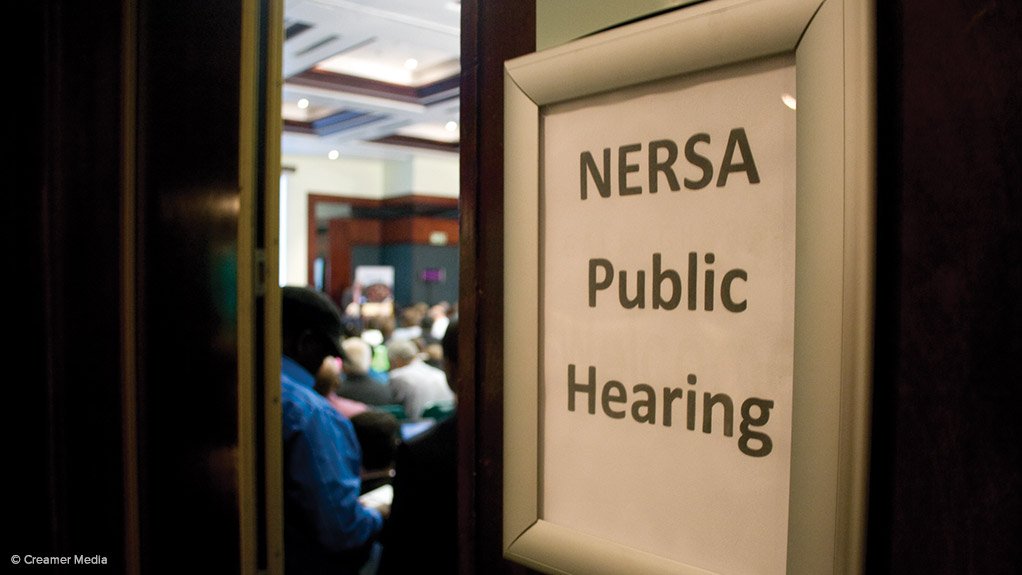The Steel and Engineering Industries Federation of Southern Africa (Seifsa) has warned that if State-owned power utility Eskom’s request for a 16% electricity tariff increase was granted, it would leave the steel industry in dire straits.
Speaking at the National Energy Regulator of South Africa (Nersa) public hearings, which took place at Midrand’s Gallagher Convention Centre on Thursday and Friday, Seifsa chief economist Henk Langenhoven lamented that any increase in costs would be detrimental, causing an increase in costs, diminishing profit, and further contraction in the industry.
He added that, while 2013 and 2014 were tough for the steel industry, 2015 and 2016 were proving to be much tougher.
Langenhoven stated that excess production capacity was not being utilised, owing to a decrease in domestic and international demand, and that electricity cost increases would add insult to injury.
“Primary aluminium producers can produce for the world market, for example, but downstream producers only have the South African market to produce for,” he said, adding that, as a result, local producers could not compete internationally.
“The market is not big enough for them to run at scale and at the low cost that is needed. They simply can’t compete on cost.”
Langenhoven explained that this was one of the reasons why the proposed tariff increase was such a cause for concern across various industries.
He added that, in addition to the lull in investment, in terms of capacity, the local steel industry was running at 75%, which was significantly below the 85% benchmark.
“Metals and engineering is not in a cyclical downturn, it is [undergoing] structural adjustment. Companies are cutting 25% out of their production capacity and more will be cut in the future. The price hike should [therefore] be as low as possible,” he concluded.
Nersa’s nationwide public hearings into Eskom’s R22.8-billion regulatory clearing account (RCA) application, which got under way on January 18, would come to a close on Friday,
The bulk of the R22.8-billion adjustment Eskom was asking for was made up of reduced revenues of R11.7-billion and increased primary energy costs of R14.4-billion.
Edited by: Samantha Herbst
Creamer Media Deputy Editor
EMAIL THIS ARTICLE SAVE THIS ARTICLE
To subscribe email subscriptions@creamermedia.co.za or click here
To advertise email advertising@creamermedia.co.za or click here













